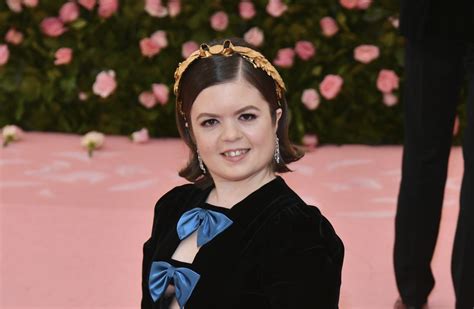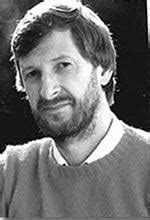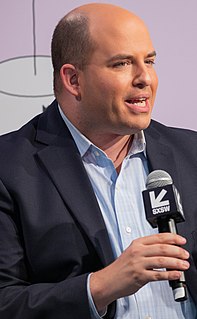A Quote by Sinead Burke
When people learn that I'm a qualified primary school teacher, I'm often met with surprise and a list of questions, including, 'How do the children react? How do you do it?' Children are some of the most open and inclusive individuals. It's often us adults who have difficulties in accepting difference.
Related Quotes
Children in home-school conflict situations often receive a double message from their parents: "The school is the hope for your future, listen, be good and learn" and "the school is your enemy. . . ." Children who receive the "school is the enemy" message often go after the enemy--act up, undermine the teacher, undermine the school program, or otherwise exercise their veto power.
Like all Xhosa children, I acquired knowledge mainly through observation. We were meant to learn through imitation and emulation, not through questions. When I first visited the homes of whites, I was often dumbfounded by the number and nature of questions that children asked of their parents-and their parents' unfailing willingness to answer them. In my household, questions were considered a nuisance; adults imparted information as they considered necessary.
Although adults have a role to play in teaching social skills to children, it is often best that they play it unobtrusively. In particular, adults must guard against embarrassing unskilled children by correcting them too publicly and against labeling children as shy in ways that may lead the children to see themselves in just that way.
Amory Lovins says the primary design criteria he uses is the question How do we love all the children? Not just our children, not just the ones who look like us or who have resources, not just the human children but the young of birds and salmon and redwood trees. When we love all the children, when that love is truly sacred to us in the sense of being most important, then we have to take action in the world to enact that love. We are called to make the earth a place where all the children can thrive.
We ask how did ISIS members become radicalized? How did the shooters in El Paso or Orlando or Las Vegas become radicalized? Well, the answer very often is the Internet. The digital land of make-believe. The same pipeline that helps my children learn, helps you connect with your loved ones also poisons some adults and distorts their reality.
Children are often envied for their supposed imaginations, but the truth is that adults imagine things far more than children do. Most adults wander the world deliberately blind, living only inside their heads, in their fantasies, in their memories and worries, oblivious to the present, only aware of the past or future.
schools for love do not exist. everyone assumes that we will know how to love instinctively. despite overwhelming evidence to the contrary, we still accept that the family is the primary school for love. those of us who do not learn how to love among family are expected to experience love in romantic relationships. however this love often eludes us.
My philosophy is that I am a friend of the children. I don't think anyone should see them as pitiable subjects or charity. That is old people's rhetoric. People often relate childish behaviour to stupidity or foolishness. This mindset needs to change. I want to level the playing field where I can learn from the children. Something I can learn from children is transparency. They are innocent, straightforward, and have no biases. I relate children to simplicity and I think that my friendship with children has a much deeper meaning than others.
There are 45 million children in Africa who are not in school. While other children are learning, exploring, and growing in the myriad ways that children were meant to grow, these children are trapped in a life of constant struggle. Without education, how can they be expected to escape such struggle? How can their children?
It is not education, but education of a certain kind, that will serve us. And the current model of western, urban-centered, school-based, education, which is so often more focused on turning children into efficient corporate units rather than curious and open-minded adults, will only lead us further down the wrong path.








































